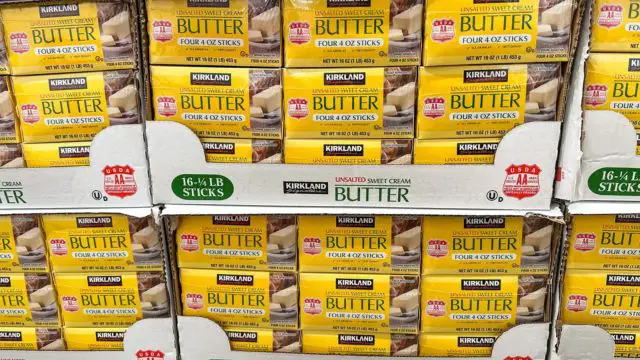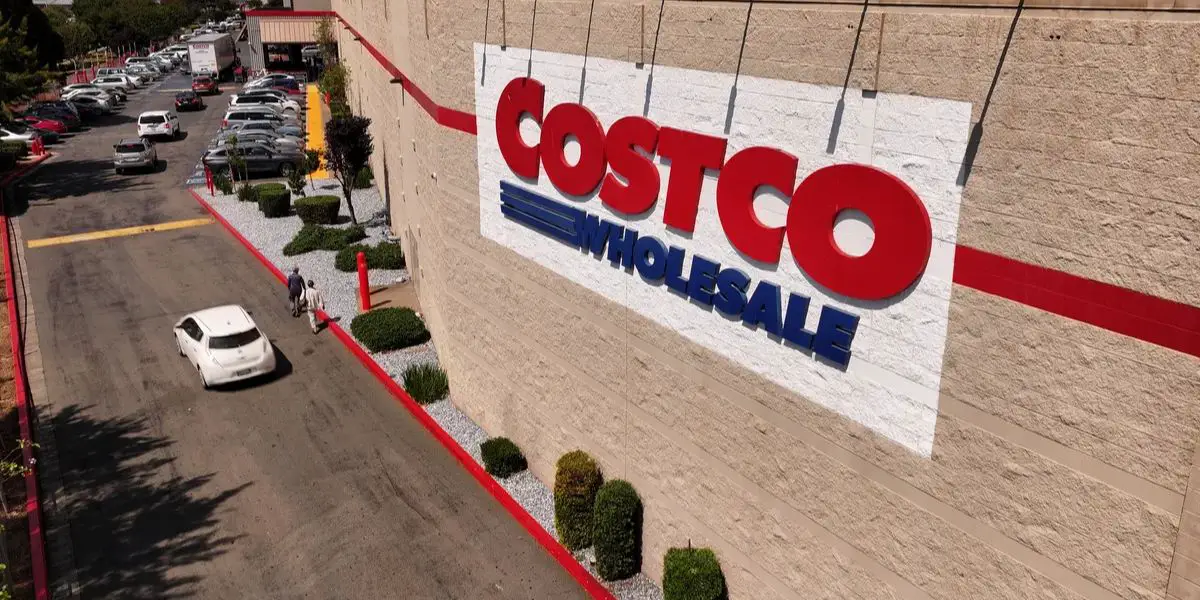Last month, Costco took the precautionary step of recalling nearly 80,000 pounds of its store-brand butter products. The reason?
A crucial oversight in the packaging: the absence of alegally required allergy information. This move highlights Costco’s commitment to consumer safety, even when the risk of harm is minimal.
On November 7, the U.S. Food and Drug Administration (FDA) classified Costco’s butter recall as a Class II. This classification indicates a situation where using or being exposed to a violative product could lead to temporary or medically reversible adverse health consequences.
Could this Costco mistake cause serious adverse health issues?
However, the likelihood of serious adverse health outcomes is considered remote. The recall was initiated in October by Continental Dairy Facilities Southwest, a Texas-based manufacturer of milk products.

According to the FDA, the issue arose because the Kirkland Signature-branded products might be missing the “Contains Milk” statement, a critical component for those with milk allergies.
- Class II recall indicates minimal serious health risks
- Costco’s proactive approach ensures customer safety
- Continental Dairy Facilities Southwest responds swiftly
This scenario underscores the importance of accurate labeling in the food industry and the measures taken by companies to maintain consumer trust and safety.
Recalled Products Kirkland Signature
- 1,300 cases / 46,800 pounds of Kirkland Signature Unsalted Sweet Cream Butter, Net Wt 16 oz (1 lb) 453g, containing four 4 oz (113g) sticks.
- 900 cases / 32,400 pounds of Kirkland Signature Salted Sweet Cream Butter, Net Wt 16 oz (1 lb) 453g, containing four 4 oz (113g) sticks.
All Stores Closing: Furniture Chain Shutters 11 Virginia Locations and 1 Maryland Store
These products were distributed throughout Texas and carry “Best by” dates ranging from February 22, 2025, to March 29, 2025.
Understanding the Importance of Allergen Labeling
The Food Allergen Labeling and Consumer Protection Act of 2004 mandates that products containing any of the eight major food allergens must clearly state so on the label. This is done by including the word “Contains” followed by a list of the allergens directly after the ingredient list.
The major food allergens include:
- Milk
- Eggs
- Fish
- Crustacean shellfish
- Tree nuts
- Peanuts
- Wheat
- Soybeans
These allergens are responsible for approximately 90% of food allergies, according to the FDA. Proper labeling is crucial to ensure consumer safety and awareness.




